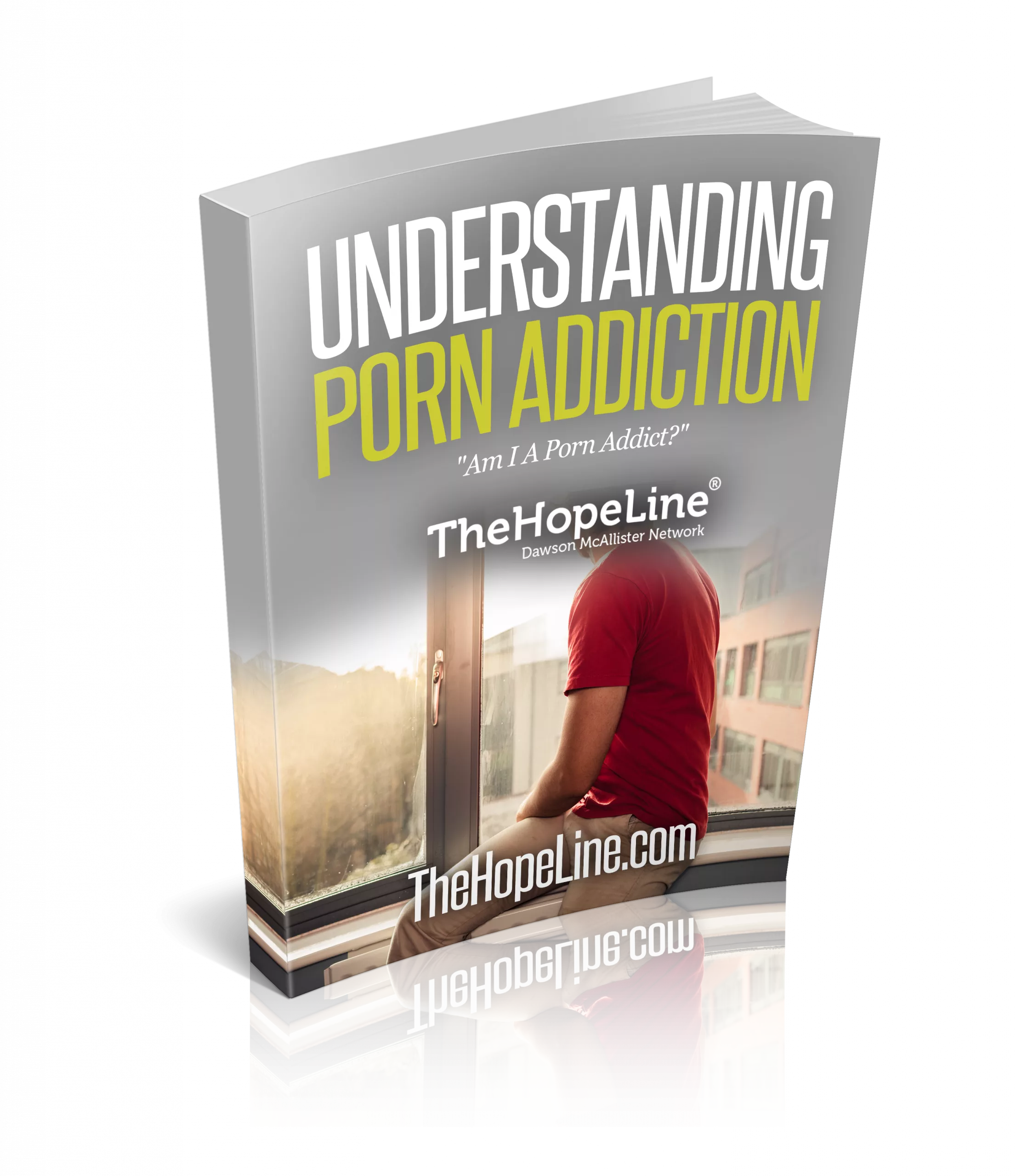There is debate among experts as to what may cause sexual addiction. Some say it may be linked to previous sexual abuse or emotional trauma.
Treatment for sexual addiction should always begin with seeking a trained medical professional, such as a licensed counselor. Someone with the proper training will help you be able to identify whether or not you truly exhibit hypersexuality and can walk you through your next steps for treatment. There are also many 12-step programs that have been proven to be effective as well...and they're FREE, which is even better.
Sexuality is a normal, healthy, and beautiful part of being a human, but just like all things, it can be detrimental when it becomes a part of unhealthy behavior patterns. For individuals who are potentially addicted to sex, seeking out help is a vital. There is hope that these individuals can learn how to engage in sex in a healthy way.
If you struggle with compulsive sexual behavior and are facing discouragement, our Hope Coaches are available to help you on your journey toward freedom. God loves you and yearns for you to overflow with hope and not despair.







 Privacy Policy / Terms of Use
Privacy Policy / Terms of Use